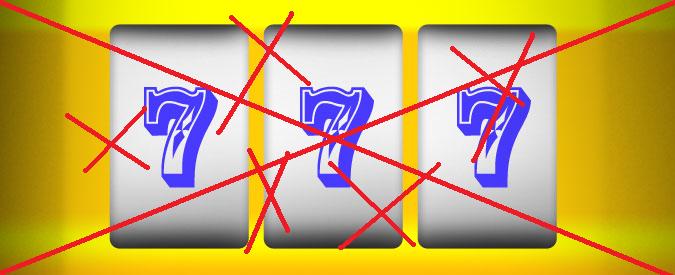Joy begets joy.
You probably know at least a few people who are eternal, effervescent bundles of bliss: no matter how tiring or challenging their day, they just exude happiness. And whenever they enter a room, every person inside it lights up like a holiday tree, catching some of their pleasure, if only momentarily.
Ever wonder what they're doing differently?
Here's their ‘secret', according to Jonathan Haidt, author of The Happiness Hypothesis:
They were born lucky. They won the cortical lottery. Digest these quotes from the research article, Beyond the Hedonic Treadmill:
- Research has shown over and over again “that one's level of well-being is reasonably stable over time (Eid & Diener, 2004).”
- “Behavioral genetic studies show that well-being is moderately heritable.” Identical twins raised apart “were much more similar in their levels of well-being than were dizygotic [fraternal] twins who were reared apart.” (Tellegen et al. 1988)
- “Whereas any single demographic factor typically correlates less than .2 with well-being reports…. personality tends to correlate much more strongly with well-being.” Personality… changes little over a person's lifetime (Deiner & Lucas, 1999).
Hmmm. That's great news for those born happy. Kinda sucks for me.
I definitely didn't win the cortical lottery.
Read more



